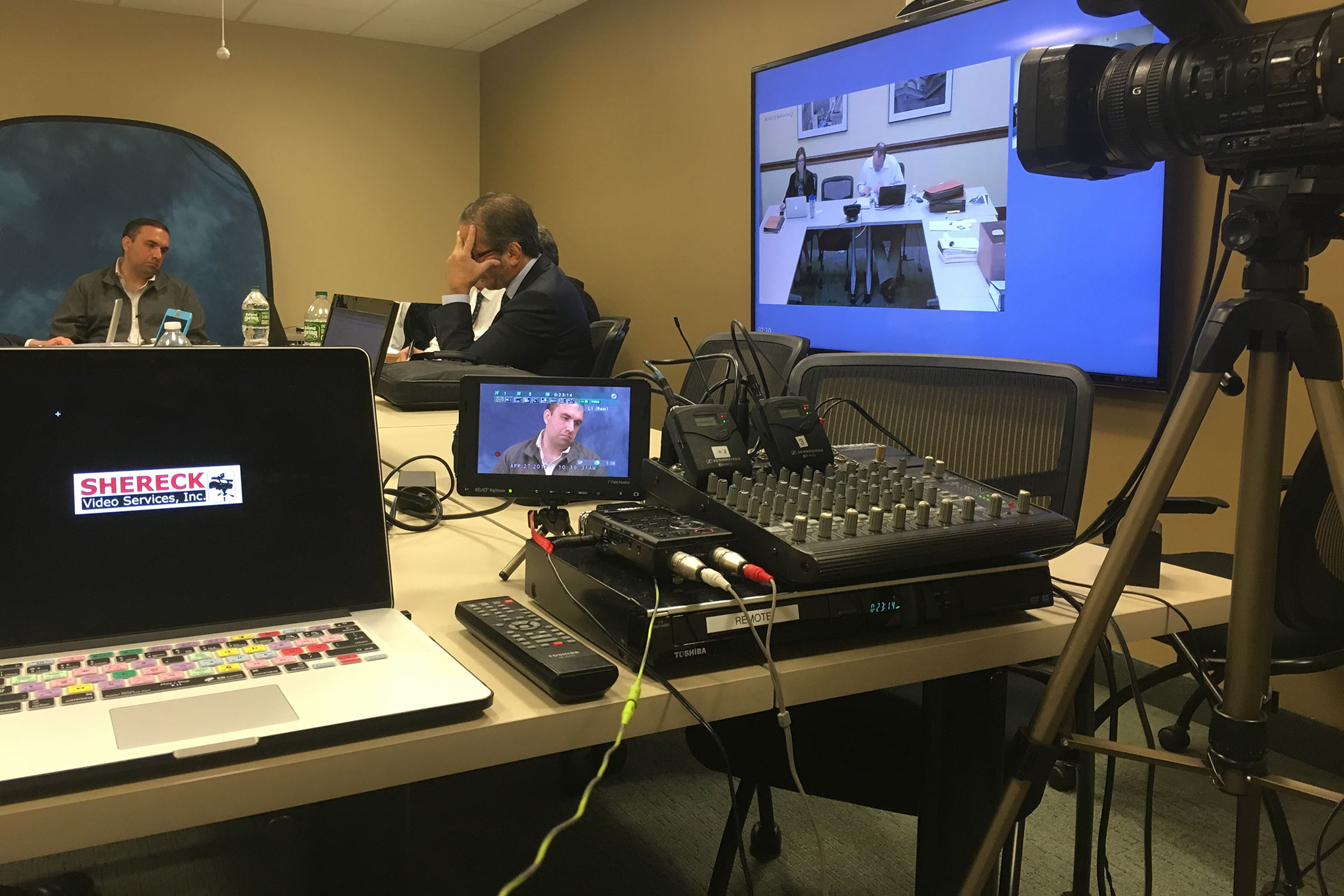How Legal Videography Enhances Courtroom Presentations and Proof
How Legal Videography Enhances Courtroom Presentations and Proof
Blog Article
The Intricacies of Legal Videography and Its Duty in Capturing Crucial Information And Facts for Evidential Purposes in the Legal Area
In the world of the legal area, the usage of videography has actually ended up being a vital tool for catching the intricacies and nuances that can make or damage a case. From recording crime scenes to taping witness testaments, legal videography plays an essential duty in providing critical details with unequaled quality and accuracy. Past the surface area level of merely videotaping events, there exists a maze of intricacies and considerations that need to be browsed to ensure the admissibility and credibility of video evidence. Understanding the technological facets, legal demands, and calculated implications of lawful videography is crucial for attorneys looking for to use its complete possibility in bolstering their cases.
Evolution of Legal Videography
How has legal videography evolved within the legal area for many years? Lawful videography has actually gone through a considerable improvement, adapting to the technological advancements and changing demands within the legal profession. Initially, lawful videography was largely made use of for straightforward recordings of legal proceedings and depositions. However, with the arrival of high-definition cameras, progressed editing software, and on-line platforms, the duty of legal videographers has actually broadened to encompass a more comprehensive series of solutions.

Moreover, the surge of virtual procedures and remote depositions recently has additional moved the advancement of legal videography, demanding videographers to adapt their abilities to record procedures properly in a digital atmosphere (Legal Videography). Overall, the advancement of legal videography has been noted by a shift towards extra sophisticated technology, enhanced expertise, and a broader range of solutions to meet the developing demands of the lawful area
Significance of High-Quality Video Footage
High-quality video footage in lawful videography is crucial for accurately documenting and providing aesthetic proof in a professional and legitimate way. The clearness and information caught in high-grade footage can be essential in legal procedures, permitting an exact exam of occasions, expressions, and information that might be crucial to an instance. Juries, courts, and lawyers count on aesthetic proof to recognize intricate scenarios, and poor-quality video can bring about misinterpretations or doubts about the credibility of the proof offered.
In addition, high-grade video can improve the general presentation of evidence, making it much more compelling and persuasive. Well-captured visuals can help reinforce debates, make clear statements, and offer an extensive view of the truths available. This can inevitably reinforce the credibility of the legal team offering the evidence and increase the chance of a beneficial outcome for their clients. In an area where every detail matters, buying high-grade footage is not simply helpful but often necessary to make sure that justice is served properly and fairly.
Strategies for Effective Documents
To ensure precise and extensive documents in legal videography, employing efficient strategies is extremely important in catching essential details and proof. Preserving a detailed log of all video, consisting of timestamps and descriptions of the content, is crucial for very easy reference and access during legal proceedings. By implementing these techniques, legal videographers can improve the quality and dependability of their documentation, eventually strengthening the symptomatic value of their recordings.
Admissibility and Verification of Video Proof
In the world of legal additional reading videography where meticulous paperwork is important, the admissibility and authentication of video proof play an essential function in figuring out the integrity and legitimacy of taped products. Admissibility refers to the approval of video clip proof in a law court, while verification guarantees that the video offered is unaltered and real. For video clip proof to be admissible, it has to satisfy legal requirements such as reliability, credibility, and relevance. The chain of custody, which documents the handling of the video from taping to presentation in court, is crucial for developing authenticity.
Verification includes validating that the video has not been meddled with or modified to misstate facts. Techniques such as digital signatures, metadata evaluation, timestamps, and professional testimony can be utilized to confirm video clip evidence. Making certain that the video clip was recorded under proper conditions and that the tools utilized was operating correctly reinforces its credibility. Inevitably, the admissibility and authentication of video clip evidence are crucial in supporting the honesty of lawful procedures and ensuring that justice is offered based upon dependable details.
Enhancing Legal Methods With Video Clip Technology

These restorations can help make clear elaborate details, timelines, and spatial partnerships, aiding in the comprehension of complicated lawful concerns. On the whole, the assimilation of video modern technology right into legal techniques not just boosts the presentation of evidence however additionally reinforces the persuasiveness and integrity of legal debates.
Final Thought
To conclude, legal videography plays a critical role in catching vital information for telltale objectives in the lawful field. With the development of technology and methods for efficient paperwork, high-quality footage can boost legal methods and provide beneficial proof in court. Legal Videography. Guaranteeing the admissibility and authentication of video evidence you could check here is essential to web link making use of video technology properly in legal procedures
Understanding the technical elements, lawful requirements, and tactical effects of lawful videography is necessary for lawful specialists seeking to use its complete possibility in bolstering their situations.
Lawful videography was primarily used for basic recordings of lawful proceedings and depositions.Utilizing video technology in legal strategies can considerably boost the effectiveness of legal experts in presenting proof and disagreements in a convincing and compelling fashion. In general, the integration of video modern technology right into legal approaches not only boosts the discussion of evidence however additionally strengthens the persuasiveness and reliability of legal arguments.
In conclusion, legal videography plays an essential function in catching crucial details for indicative functions in the legal field.
Report this page